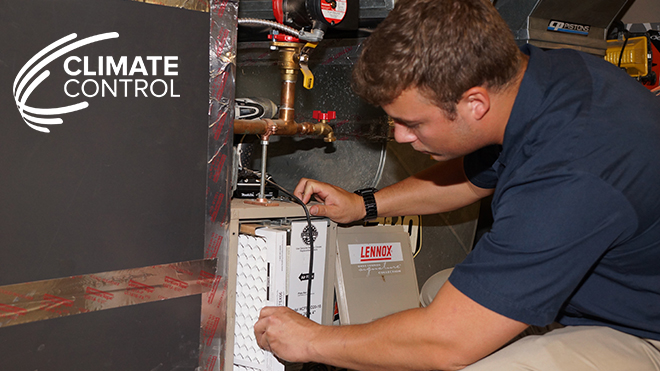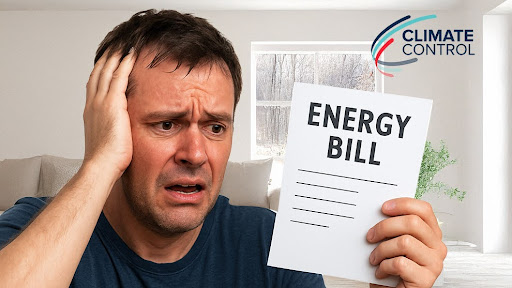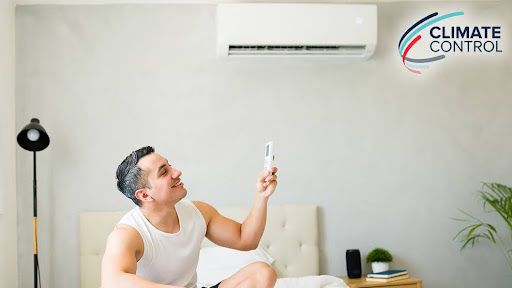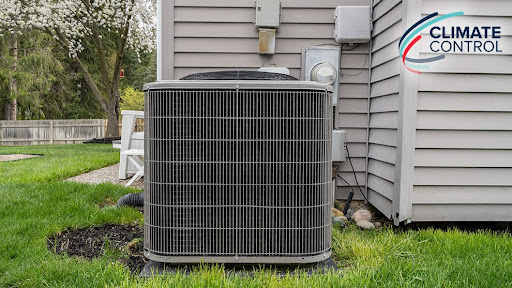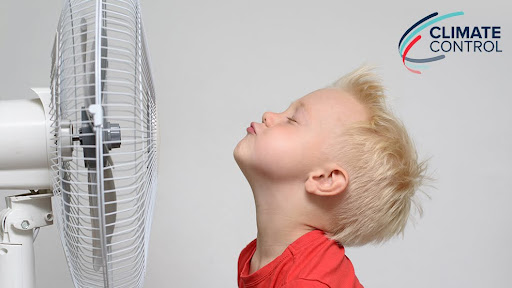HVAC systems have a lot of ratings associated with them to measure overall efficiencies. These ratings, known as MERV ratings, are very important for homeowners because they allow Comfort Specialists to translate the technical information of heating and cooling equipment in a way that makes sense. Clear understanding is necessary to make the best decision about which unit is the best choice for your size home, the comfort level you desire and the overall financial impact on your budget.
Did you know air filters also have ratings? Air filters are necessary components in your furnace and air conditioning units to keep the outdoor dust and any debris from getting into the system and being dispersed into your home.
What is a MERV Rating?
The Minimum Efficiency Reporting Value (MERV) is a measurement scale intended to report the effectiveness of air filters to capture larger particles in more detail than other ratings. It originated in 1987 with the American Society of Heating, Refrigerating and Air-Conditioning Engineers. The importance of the measurement is valuable when comparing the performance of one type of filter over another. The higher the rating the better the filter will be at trapping specific particles. All filters, regardless of their rating, require periodic cleaning and replacement to allow for optimal function of the filter and the overall operation of the home comfort system.
What Does MERV Have to Do With My Furnace?
If the MERV is measuring the effectiveness of an air filter to remove harmful particulates from the air, the natural inclination may be to think the higher the number the better. Not necessarily.
The highest MERV ratings are reserved for commercial operations. Residential heating system air filters typically have MERV ratings ranging from 4 to 12 on the scale. The lower the number the greater the likelihood the price is also low. However, a lower MERV rating also means that smaller particles like dust mites or pet dander will leach through the system and into your home. YUCK! If you or your loved ones have allergies, breathing in poor indoor air will be harmful to overall health. On the other hand, the higher the MERV, the less air flow through your furnace.
The bottom line is, it’s a great idea to check your furnace manufacturer’s specifications to see if they’ve designated a maximum MERV for the air filters. To get the highest efficiency from your furnace, the best indoor air quality and enhance the performance of your system, each component, even the air filters, need to be according to manufacturer’s recommendations.
Luckily, for the homeowners of Glenwood Springs, Vail and Roaring Fork Valleys, Climate Control Company has the expertise and knowledge to help you navigate information like MERV ratings and determining MERV ratings for specific furnaces. Call our office and let us help you today.

